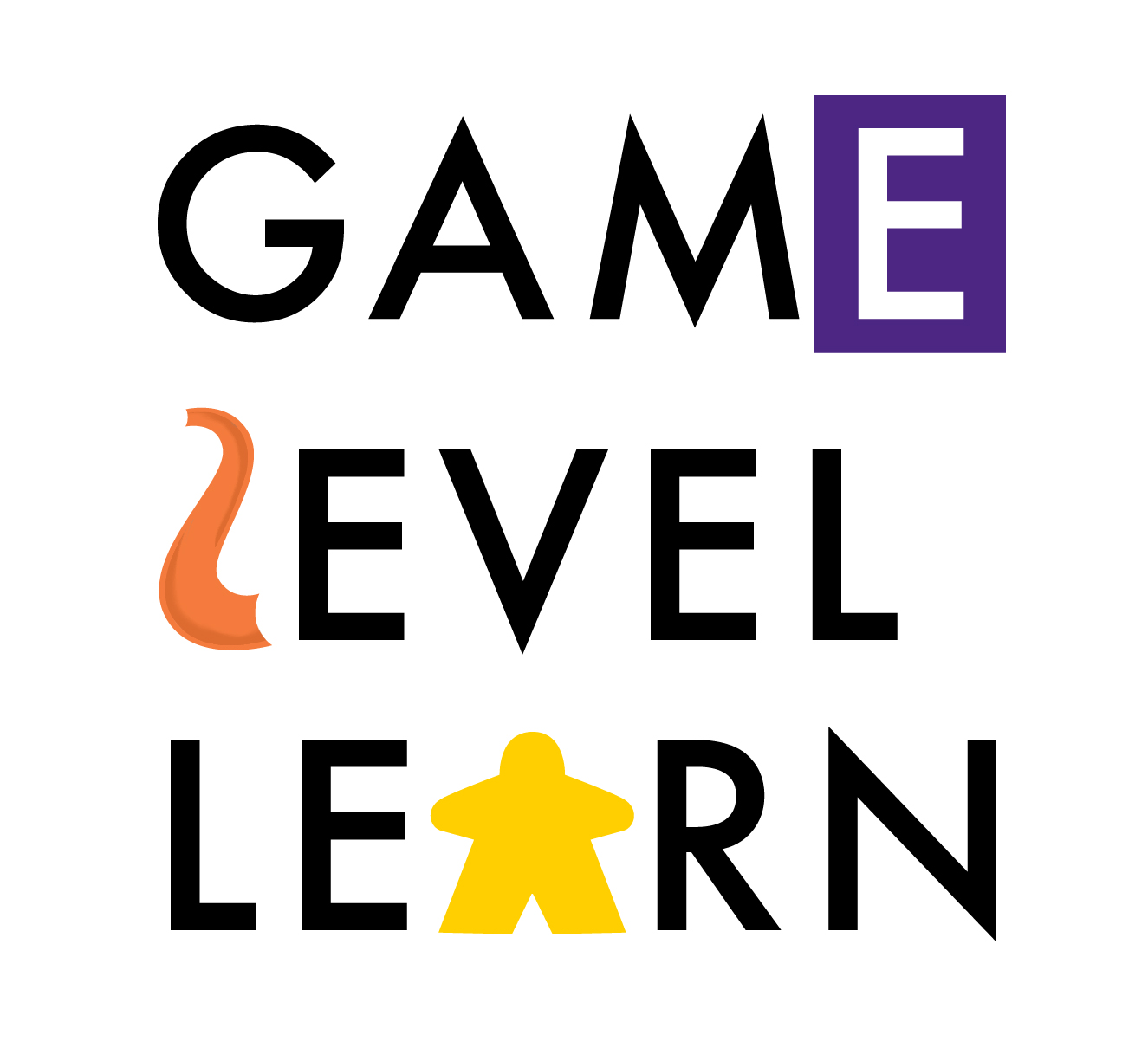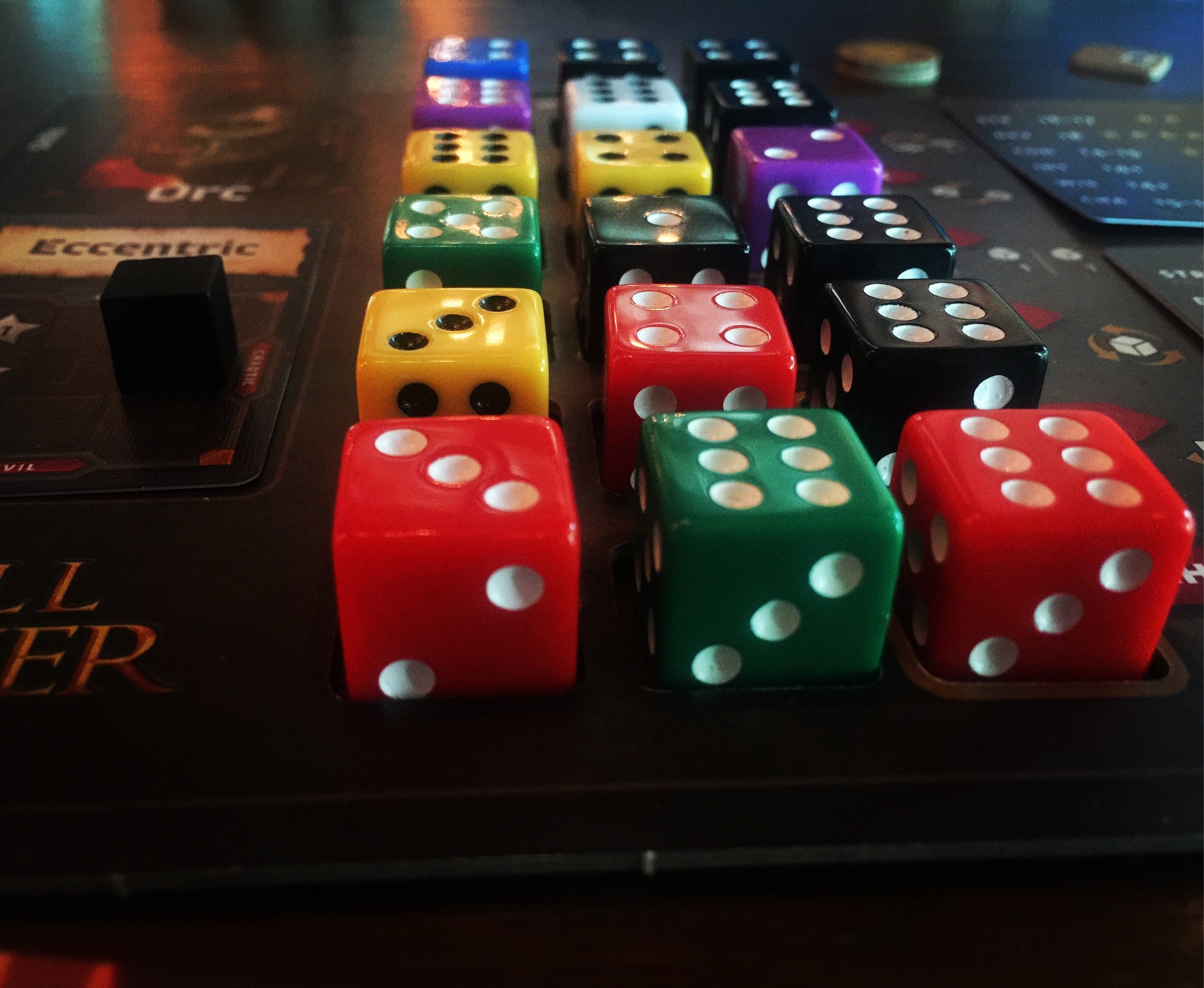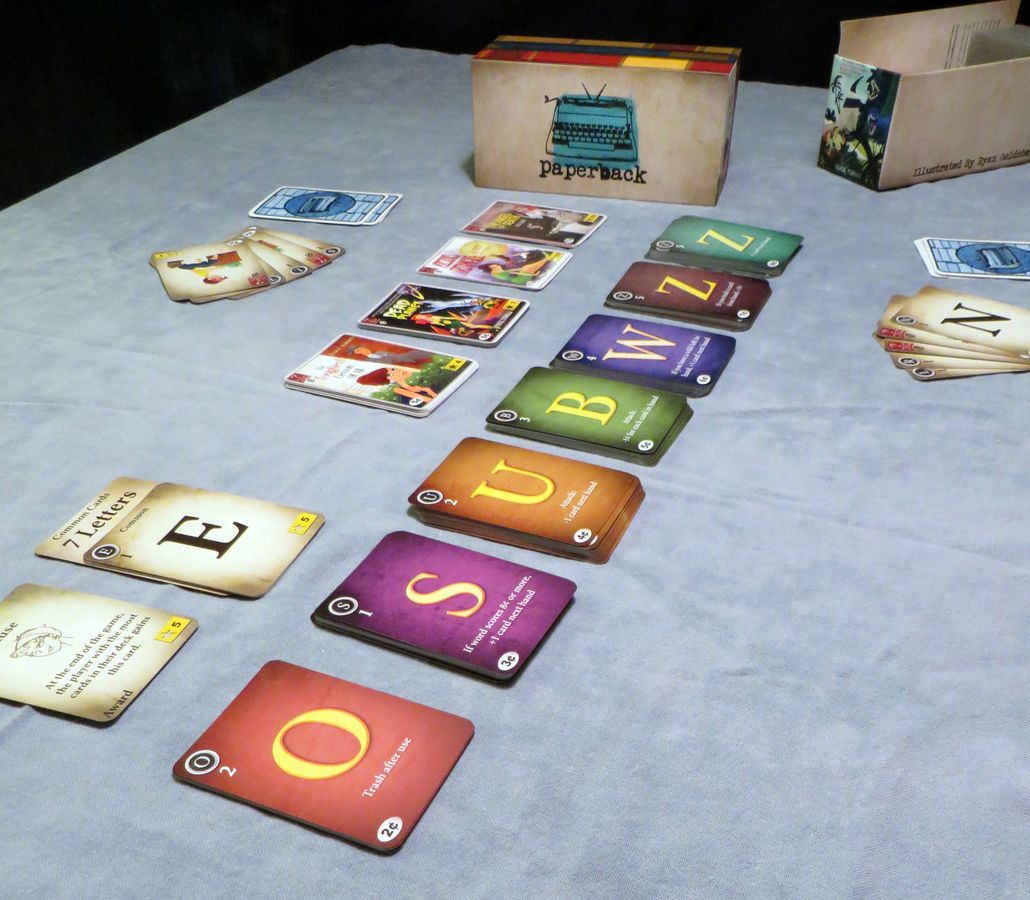51 Mechanics: Dice Rolling
/BoardGameGeek (BGG) is a singular repository of gaming information, knowledge and wisdom that has been serving the modern board game hobby since 2000. I consult it regularly and have used its database to manage my own game collection. I also used it when I was writing my 2016 book on gamified instruction, particularly with regard to the game mechanics that BGG identified and organized content into. While there are more than 85,000 games, even now, there are just 51 mechanics. Since every mechanic offers something to the teacher who wants to use games in the classroom, I'm going to use this section of Game Level Learn and my own contributions to it to assess games from each of these 51 mechanics. Next up?
Is there any more ubiquitous mechanic in game design than dice rolling? If there is, I'm not sure what it is. Dice rolling is one of the ancient aspects of game playing. In my book on gamified instruction and game-based learning, I discuss dice rolling as a way of expressing a fundamental aspect of games - alea or luck. There is no tool better able to simulate the fates and fortunes of players being at the mercy of the gods than dice. I would need at least a handful of additional hands to count the number of times I have lost a game that I was all-but winning because of the roll of the dice. Let's face it, dice are fun to throw, they're fun to play with and they're fun to hold. They're a lot less fun when they betray you, but alea can often lead to the other great game mechanic that I cite in the book, ilinx, or disorientation. The advice I give to gamifying teachers is to beware overuse of luck mechanics in gamified instruction, as players will feel that their grade being dependent on a die roll is capricious at best. Still, if you're interested in how dice play a role in different kinds of games, give these five a try.
Near and Far (BGG Rank: 166)
Near and Far, part of a series of games designed by Ryan Laukat, is a campaign-based fantasy game where you develop characters, level them and compete with each other to ultimately conquer a world boss at the end of the game. Near and Far is a game you should play in any case because of how well designed it is and how easy it is to learn as a storytelling game. Its use of dice helps the players understand probability and making effective choices.
Roll for the Galaxy (BGG Rank: 55)
What I love best about Roll for the Galaxy is that it serves as the Platonic Ideal for dice-based civilization building and exploration games. I find Race for the Galaxy, Roll's parent game, totally bewildering, but for whatever reason, Roll is much more accessible. In Roll, you are given the opportunity to acquire a host of different kinds of dice that each do different things based on their fundamental identity and on how they're rolled. Use this game to give you a sense of how to create a gamified learning experience based on dice doing a host of different things based on defined factors.
Roll Player (BGG Rank: 390)
Roll Player takes what many consider the best part of roleplaying games, character creation, and makes that process the whole of the game. In Roll Player, you are trying to maximize the statistics and background factors of a specific character you've chosen to design (a female Orc cleric from a noble family? Sure!). Over the course of the game, you roll dice and select dice from a common supply and as you place them in your display, they trigger special powers associated with each of the six statistics. Great fun, and again, a very different way to use dice from what you've come to expect.
Sagrada (BGG Rank: 208)
Sagrada, published in late 2017, is a game where each player takes on the role of a stained-glass window creator. Each player is given a pattern to work from and a set of special abilities and special rules that apply only to him/her. The luminous dice themselves, over time, form the stained-glass window. One of the most beautiful games of recent memory, this one will give you a whole new appreciation for what dice can do in a game and how they can be used in very different ways.
Xia: Legends of a Drift System (BGG Rank: 155)
Xia is another game where you are exploring the galaxy and building. It's not a civilization building game. Rather, you are a ship's captain and over the course of the game you are attempting to improve your reputation in the "drift system" by means of dozens and dozens of different actions. The dice here are used in ways that are pretty conventional, but given all of the different ways you might win this game, they factor big time.




